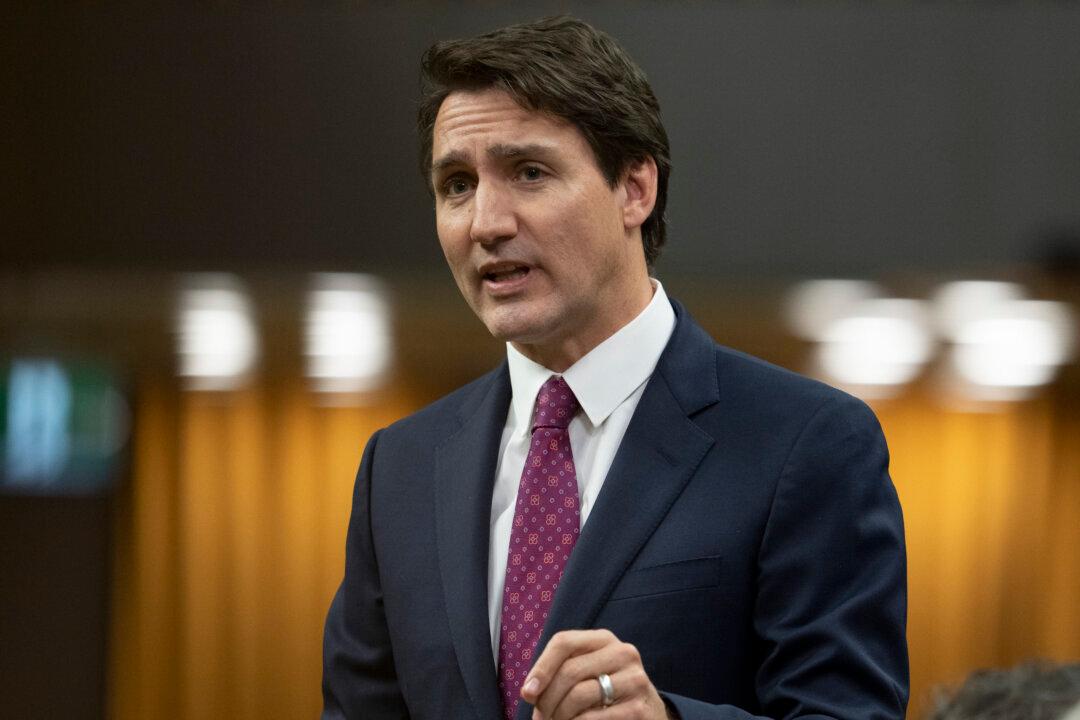Prime Minister Justin Trudeau said on Nov. 30 he’s paying close attention to the sovereignty bill tabled in Alberta this week and that all options are on the table, while also qualifying he doesn’t want to clash with the province.
“We’re gonna look at this very, very closely and think about the implications,” Trudeau told reporters on Parliament Hill.





